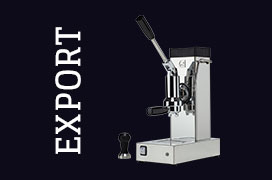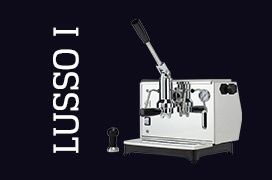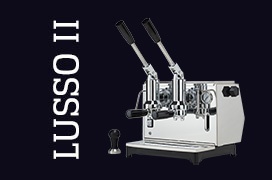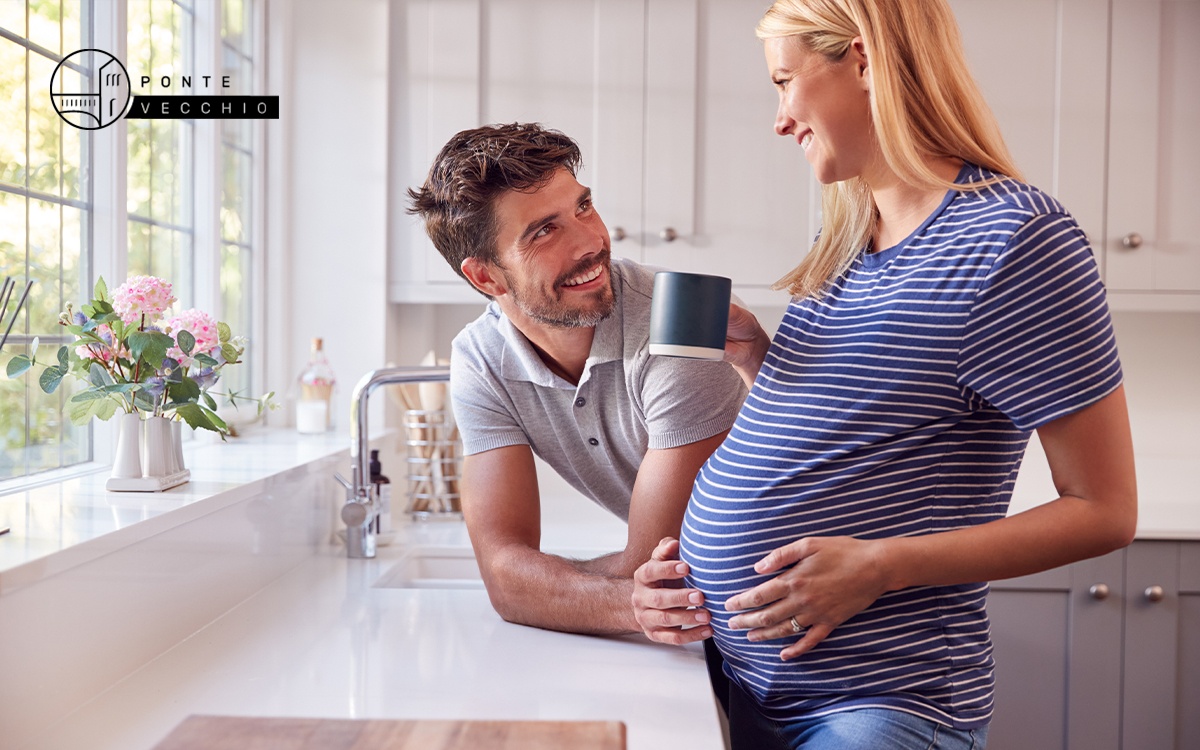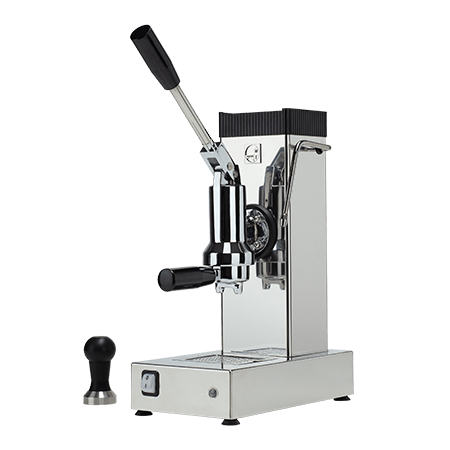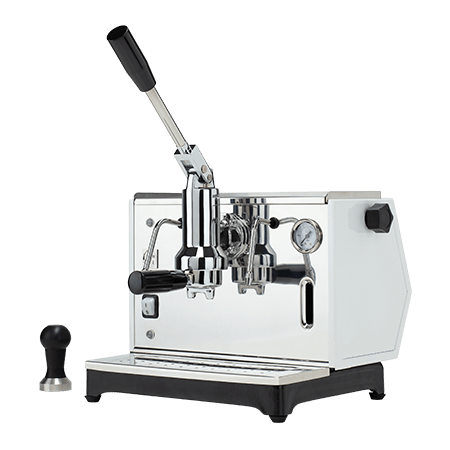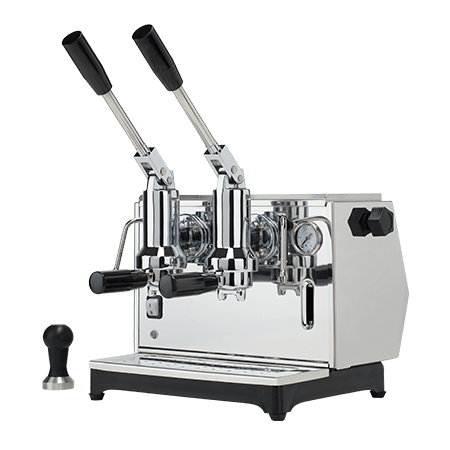If you are pregnant and a caffeine lover, you may have wondered whether or not it is right to drink coffee during pregnancy. After all, it is a more than legitimate doubt, even more so if you are pregnant with your first child.
There are indeed many things that can harm a baby in the womb and, being the caring mother that you are, it is perfectly normal for you to have a problem even drinking a cup of coffee.
It is true that there are women who, no matter how madly they love this drink, find it intolerable to even smell it during pregnancy, but maybe you are not one of them and you would more than happily shoot yourself a cup of strong coffee. But are you sure you can do it without harming the foetus? Let’s find out together.
Coffee and caffeine: a combination to beware of
Let’s start with a basic assumption: coffee is not poisonous. This means that if you had a cup shortly before you found out you were pregnant, you absolutely must not panic, as that infinitesimal amount will certainly not harm your baby’s health.
As an old Latin saying goes, ‘Cum grano salis’: the secret to doing things right is not to exaggerate, not to abuse it and to use it in moderation. An invitation, the latter, that you can also safely put into practice when it comes to drinking coffee during pregnancy. The question, therefore, is not whether to drink it, but how much, or, to put it better, how much caffeine you can consume when you are pregnant, as this is the potentially harmful substance.
What are the effects of caffeine?
Caffeine is an alkaloid that is extremely popular and appreciated for its energising effect. Since it acts directly on the central nervous system, it produces increased alertness in the body, making us feel much more active. After all, you will no doubt have often turned to a good cup of coffee to help you concentrate better on your work, or to get through the day after a sleepless night.
All this is to make you realise that caffeine in itself is not harmful, but it becomes harmful the moment you start abusing it – a concept that applies to everyone, regardless of pregnancy. Caffeine abuse may in fact cause the following symptoms:
- feeling of high nervousness and irritability;
- headaches;
- agitation;
- insomnia;
- palpitations.
To avoid these unpleasant states of malaise, therefore, it is enough to moderate coffee consumption. An espresso, for example, contains 60 to 90 milligrams of caffeine. According to health organisations, the ideal is not to exceed 4 milligrams of caffeine per kilogram of weight. Thus, a 50-kilogram person should not drink more than 2 cups of coffee per day (200 milligrams of caffeine).
This recommendation, which would be good to follow regardless of whether or not you are pregnant, becomes even more important when you are actually expecting. While it is true that studies on the relationship between caffeine and damage to the foetus are still ongoing, it is equally true that the first conclusions on the subject have already been drawn. And they are by no means reassuring.
Risks of drinking coffee during pregnancy
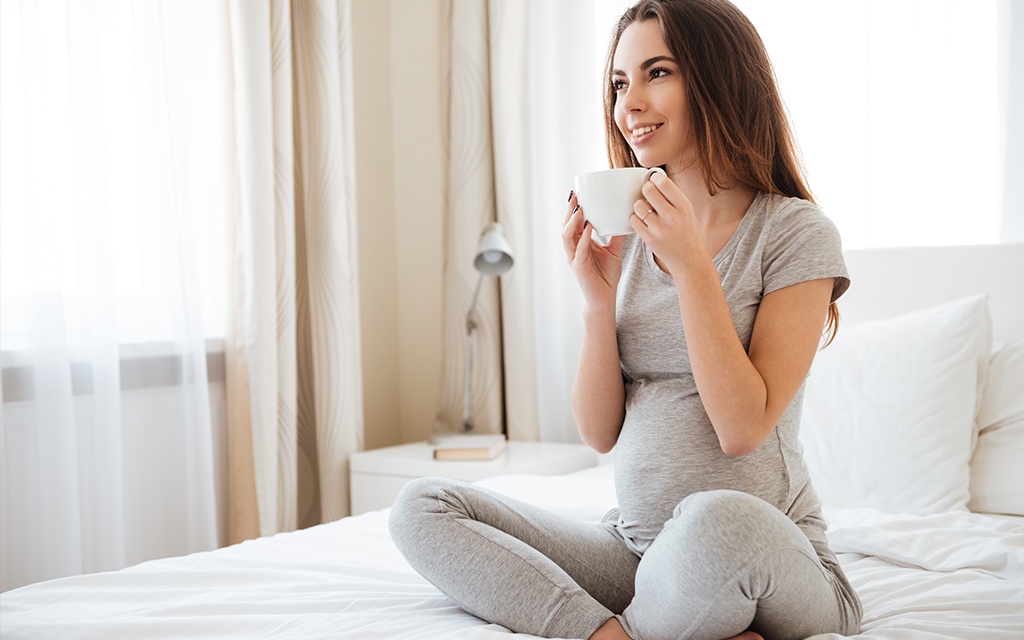
According to the WHO (World Health Organization), drinking coffee during pregnancy is only tolerated if you comply with the limit of 300 mg of caffeine per day: a measure that, according to the Ministry of Health, drops to 200 mg. Translated concretely, this means that the maximum amount of espresso coffee you can consume when pregnant is no more than two cups per day.
But what happens if you fail to meet this limit and increase the amount of caffeine? Well, although the studies carried out on the subject are not yet conclusive, it has been established that during pregnancy the absorption of this substance is slowed down by as much as 15 times, which increases the risks for the growth and development of the foetus.
In addition to this, worrying data have also emerged linking caffeine intake with adverse pregnancy outcomes, miscarriage in the first place, but also premature birth, low birth weight or, on the contrary, obesity of the new-born.
Not to mention the fact that caffeine can even ‘contaminate’ breast milk, which means that you run the risk of your baby taking it while you are feeding him, causing him to become hyper-excitable and insomniac.
Why you should not drink coffee during pregnancy
According to a recent review of some 1200 studies on coffee consumption during pregnancy published in BMJ Evidence-Based, scientists have concluded that coffee should be avoided altogether. The study was conducted at the University of Reykjavik, Iceland, analysing adverse pregnancy outcomes.
The team led by Professor Jack James created six categories based on the articles analysed:
- miscarriage;
- stillbirth;
- low birth weight and/or small foetus for gestational age (SGA);
- preterm birth;
- acute childhood leukaemia;
- childhood overweight and obesity.
The results therefore underlined the correlation between coffee consumption and a possible negative pregnancy outcome.
It is obvious that these results have caused a stir in the scientific community, calling into question all previous indications given in the UK, the US and the rest of Europe. At the moment, however, there is no certainty of any correlation between coffee consumption and an increased risk in pregnancy.
Drinking decaffeinated coffee during pregnancy: a possible solution?
One of the possible solutions considered by women who would like to drink coffee during pregnancy is to drink decaffeinated coffee exclusively. But is this really a good idea? Apparently yes, as a cup of decaffeinated coffee contains only between 2 and 5 mg of caffeine: a truly infinitesimal amount that, to be sure, can in no way harm either the foetus or the pregnant woman.
That said, you should be aware, however, that in order to remove the caffeine, coffee beans are subjected to invasive chemical treatments that often involve the use of potentially harmful substances.
In fact, the ideal would be to drink only decaffeinated coffee treated with carbon dioxide, which removes the caffeine without altering the natural composition of the coffee. The problem is that since there is no way of knowing for sure how caffeine is extracted, there is always the possibility of consuming harmful chemicals without knowing it.
With this, of course, we certainly do not want to panic you, nor do we want to start a war against coffee which, we repeat again, it is not a poisonous beverage. Especially since coffee does not have a monopoly on caffeine, which is contained in many other products:

- espresso coffee (about 30 millilitres) has between 60 and 90 milligrams;
- American filter coffee contains 135 milligrams per cup;
- a cup of latte or cappuccino has about 90 milligrams of caffeine, the same as an espresso;
- a 240 millilitre cup of tea contains 40 to 60 milligrams;
- a 33 millilitre can of Coke or Pepsi has between 35 and 40 milligrams of caffeine;
- a 250 millilitre can of Red Bull has 80 milligrams;
- a cup of hot chocolate has 5 milligrams;
- a 30-gram piece of extra dark chocolate has about 20 milligrams;
- the same amount of milk chocolate (30 grams) contains much less caffeine, about 6 milligrams.
So, as you can see for yourself, if you spend your days sipping and counting the grams of caffeine you consume, you will only risk going crazy. That’s why we, who know coffee, are the first to advise you to stick to the indications of your doctor and your gynaecologist who, by carefully assessing your personal situation, will undoubtedly be able to give you serious and appropriate guidance, allowing you to live your pregnancy in total serenity.
And, once you finally hold your baby in your arms, there is nothing to stop you from celebrating with an exquisite cup of coffee, perhaps prepared by a good coffee machine, and enjoyed in the privacy of your own kitchen.
After all, if you want to drink a great cup of coffee, you should do it with the right machine! So, while you wait patiently for the birth of your child, you can distract yourself by looking for the perfect coffee machine: a real trusted friend that will keep you company during the long sleepless nights ahead. So, what are you waiting for? Do not hesitate any longer and find the right coffee machine for you!
